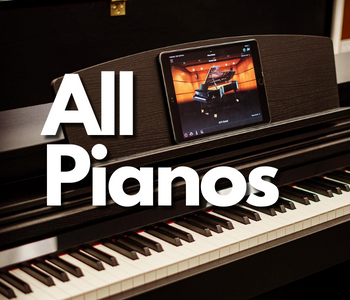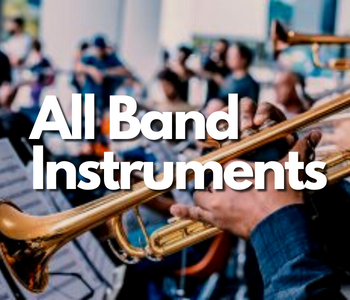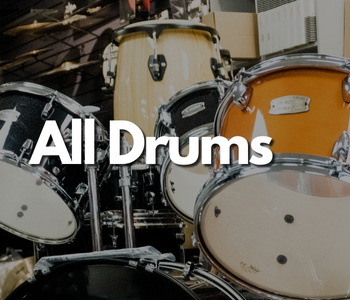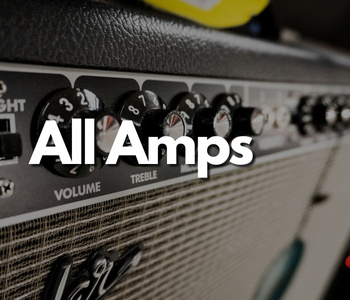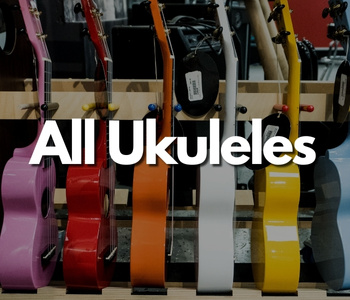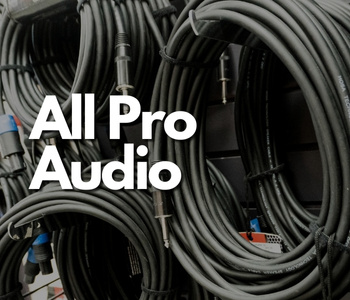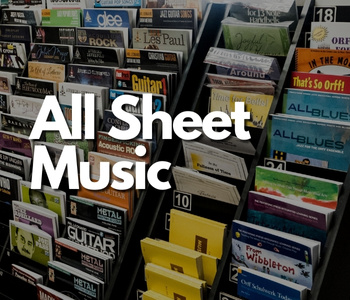Keyboards vs. Upright Pianos
Digital Keyboard Piano vs. Upright Acoustic Piano: Qualities and Advantages
You will never go wrong with any sort of piano you select, whether you are a novice or an expert pianist who has spent decades playing several varieties of pianos. Each one will give you an exceptional and extraordinary playing experience. However, each type of piano, whether acoustic or digital, has a unique combination of features and quality attributes that distinguishes it from others in its musical family. It's common to be undecided about whether to buy a digital piano like a Yamaha Clavinova 775 or keyboard like a Yamaha DGX670B or an acoustic piano like the B Series Yamaha Piano and to recognize which one is ideal for which degree of playing ability, but it's vital to remember that no purchase is ever a waste. Everything has its own set of advantages and we are all here for them. Playing the piano is a unique way of life that has several advantages, including improved brain function, socializing, productivity, and creativity, as well as improved mood and a profoundly therapeutic influence on mental health. With that in mind, it's important to understand that each type of piano is a fantastic way to learn all the joys of playing and to enjoy all of the above benefits, but today we'll go over all of the perks of both digital and acoustic pianos to help you make an informed decision and find your next best musical companion.
Advantages of Using a Digital Keyboard Piano
Definitely consider purchasing a digital keyboard piano like a Yamaha Clavinova 775 or a Yamaha DGX670B if you are shopping for a suitable instrument to help you enhance your playing skills. You can do a lot more with it than just perform and produce music, since it has several distinct advantages, including the ability to produce a broad range of exceptional sounds that are difficult to achieve with acoustic instruments, as well as the ability to capture and process different piano methods to boost your imagination and lead you to discover and generate new styles of music. Digital pianos, including keyboard pianos, are typically much less expensive and more accessible than acoustic instruments and are an excellent way to get started since they offer a wide range of functions that allow you to be proactive and innovative, ultimately assisting you in better understanding what music is and how to develop a unique style that reflects your personality. Some of the awesome features that digital piano instruments have are the ability to choose various genres of sounds to play, the ability to record music to listen to afterward, and the fact that most of them have a built-in digital metronome, which is a useful convenience for newbies learning about melodic rhythm and tempo. There are several interesting and intriguing advantages to owning a digital keyboard piano, and we'll go over a few of the most crucial ones below.
Flexibility and Entertainment
An electronic keyboard or digital piano is a perfect tool for beginners and players who wish to have a little fun while playing, because it may be used to produce a variety of unique sounds including acoustic pianos, organs, guitars, clarinets, flutes, oboes, and even trombones like the trumpets, and saxophone, with many others. You can make some wonderful music and have a fantastic time while learning how to control your new instrument with these incredible orchestral possibilities at your disposal. An audio sequencing may also be used to record, modify, and adjust sounds for fine-tuning, making the keyboard a wonderful instrument for creating, playing, and recording all kinds of melodies by all kinds of players.
Low Maintenance
Unlike traditional pianos, the most astounding characteristic of electronic keyboards is that they require extremely little maintenance. Traditional pianos must be adjusted and repaired on a constant schedule to keep them in good condition, but an electronic keyboard only has to be dusted now and then.
Mobility
One of the most appealing and practical aspects of digital keyboards is that you can take them with you everywhere you go, move them about your house to whatever new location you like, and use them as often as you want. Their mobility is a wonderful feature, and this freedom is especially beneficial for beginners who want to loosen up a bit with the instrument without feeling obligated to practice in the same area every day.
The Advantages of Owning an Upright Acoustic Piano
Even though we have discovered numerous advantages of digital piano keyboards, we cannot overlook the fact that acoustic and classic pianos have their distinct charm and value. Acoustic pianos will always excite their players with their classic grandeur and distinctive sound comparable to that of grand concert pianos, in addition to a timeless style that will eternally beautify your house with culture, refined taste, and the enchantment of piano legacy. There's no arguing that when it regards piano instruments, an acoustic instrument will always be superior to a digital piano in terms of playing efficiency, because the contact is completely authentic, not to mention the audio experience and variety of melodies you can produce with its keys and pedals. To better appreciate it, we must first realize that, unlike a digital keyboard, an acoustic piano generates a noise when the hammer impacts a string within, producing a true acoustic sound with a richer, more resonating tone like the very popular Yamaha U1 upright pianos or the affordable Yamaha B3 piano. You'll have more influence over the pronunciation and expressiveness of the musical notes you make this way, and you'll be able to play melodies akin to those heard only on classic, grand theater pianos. Due to their absence of tactile sensibility and realism when playing, many experienced musicians have shied away from digital pianos. The acoustic piano is more sensitive to touch, allowing us to get a genuine sense of the heavy wooden keys over which we have complete control. On an upright acoustic piano, the intensity of the music is determined by the power and motion of your fingers, and if you know what you're doing, you can even generate several hues of sound on the very same note you play. When you pound the notes of an acoustic piano, you need some force, and given how strong your touch is, you may generate softer or darker tunes and harmonies. Apart from all of the aforementioned perks, a few stand out as the most essential reasons why pianists throughout the world continue to purchase acoustic instruments, and we'll go over a few of them in further detail below.
Contact Response
The severity or volume of a piano key's reaction is determined by the power with which a pianist strikes it. However, all pianists aspire for a rich, genuine sound that is more like that of a concert piano and that electronic keyboards are unable to provide. Touch response is always an organic, tactile aspect with acoustical pianos, and on them, compositions may easily be played just the way they were designed to. Acoustic pianos always have conventional and customary touch sensitivity, enabling players to control tunes and timings, as well as frequency and intensity of sound, based on the keys they press, how they play, and the music they wish to make.
The Sensation of Performing
Many substandard digital pianos feature a bouncy flimsy plastic keyboard feel with a unique snapping noise, making it challenging to play and write music traditionally and classically. However, rougher keys of a classic acoustic piano can keep fingers from sliding, and the keys have a stable weight that pianists can rapidly adjust to since it is more practical for instrumental music and the manner they were intended to be performed. An acoustic piano provides an authentic piano sensation, allowing pianists to study, perform, and experiment on the instrument as it was designed by the great piano manufacturers.
It is Aesthetically Attractive
When purchasing a piano, one of the most crucial items to examine is the amount of room the piano will take up. For this simple reason, upright pianos are ideal for household usage. Any piano we purchase will most probably be placed in one of the home's major lounge spaces, and with that in mind, an upright piano, irrespective of size, is rarely more than two feet thick, so it's always tailor-made for your living area. Your upright piano will remain snugly out of the path if you have a well-insulated internal wall to nestle it against, adding to the aesthetic of your home environment without entirely taking it over. Furthermore, it has a far more appealing appearance than a digital keyboard.
Conclusion
Although both acoustic and digital pianos and keyboards have benefits and drawbacks, you can never go astray with either. Consider what you want to accomplish, what sort of music you want to perform, and how your abilities, alternatives, and needs may be met. Select which instrument you will be happier and more satisfied with based on your degree of piano expertise, how much information you have, and what requirements you want to fulfill. It's always a good idea to visit a local instrument store and speak with specialists who are familiar with all the technical aspects, qualities, and perks of all the piano alternatives available.
Similar posts: Twinkle Twinkle Piano or Buying a Yamaha Clavinova


